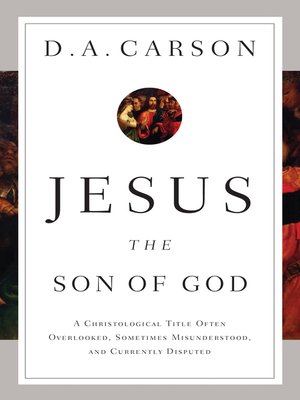

"Now the law came in to increase the trespass" (Romans 5:20a). Israel as the son of God was disobedient under testing also, which demonstrates the sinfulness of mankind since Adam's fall. He didn't obey, so he didn't receive life as wages (which had significance for his descendants). Adam the first son was tested to see if he would obey God. So to get at the hermeneutical significance (for Christianity) of seeing Adam as the son of God, the Bible can be read as a story of 3 sons. If you want more specifics, I can add those. They received the punishment(s) of being kicked out of the garden for Adam, not getting into the promised land for the generation that sinned in the wilderness and being kicked out of the land for following generations that broke God's covenant (see Deuteronomy, especially ch.

The responses of Adam and Israel each as the son of God shows that they were disobedient to God's covenants with them. Israel was tempted/tested in the wilderness like Adam and Jesus were (in simple terms: regarding whether they considered the Word of God to be the ultimate authority, whether they trusted God to provide for them, and whether they would worship the true God or a false one). To answer the other part of your question about other "sons" in the Bible, Israel the nation is called the son of God (and even the firstborn son) in Exodus 4:22, Jeremiah 31:9, and Hosea 11:1. The apostle Paul compares the two very explicitly in Romans 5 and 1 Corinthians 15. But Adam, before the fall, prefigures Christ.

It is certainly true that Adam is not the ontological son of God as Jesus is. This isn't an appeal to tradition for interpretation, but rather an observation that the Christian church has seen the passage as comparing/contrasting Adam and Jesus.

writes about how Irenaeus saw that comparison from this passage (and others) here: However, I think it develops from the text quite naturally. This comparison of Adam with Christ, particularly in this passage is not new to Christianity. In Christianity, this idea has sometimes been called Two-Adam Christology. Though the first Adam failed to obey God in the face of temptation, Jesus as the last Adam (1 Corinthians 15:45) obeyed God in the face of temptation as demonstrated by the gospel accounts of his temptation in the wilderness, along with other texts. The point Luke is emphasizing is the difference between the actions of Jesus and Adam when they were tempted. He ends the genealogy with Adam as son of God and moves directly into describing the temptation of Jesus in the wilderness. Luke is drawing a comparison between Adam the son of God and Jesus the son of God.


 0 kommentar(er)
0 kommentar(er)
